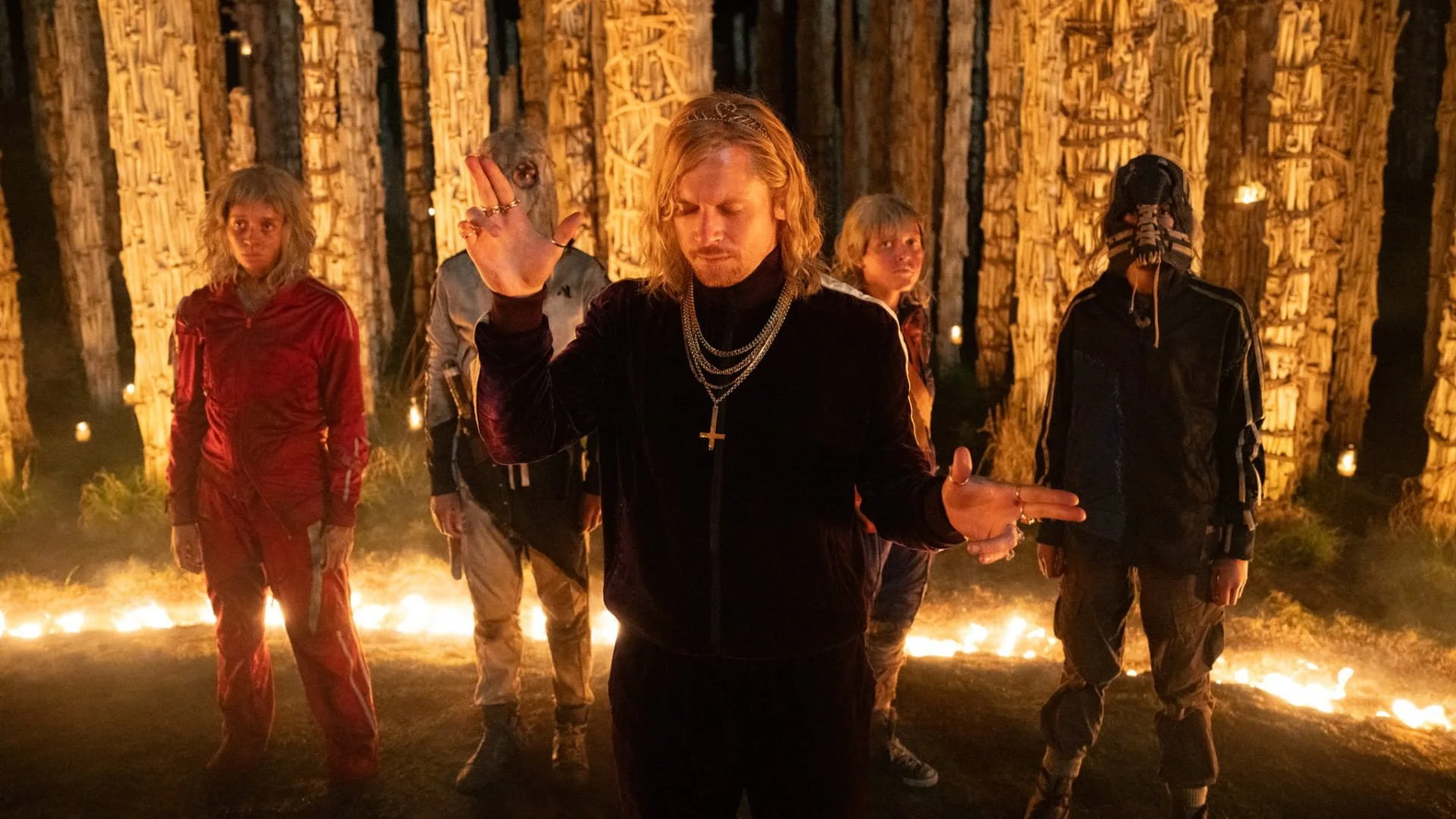Review: Diego Maradona (2019)
Asif Kapadia’s documentary Diego Maradona offers comprehensive, personal insight into the character and genius of the Argentine footballer who died at the age of 60 last Wednesday. Like Kapadia’s past documentaries, Senna and Amy, Diego Maradona charts the life of a tragic, but beloved public figure entirely through archival footage. There are no talking head interviews and no current-day footage. The only addition is voiceover narration from individuals involved in the events. The result is a stunning, present tense demonstration of a remarkable life, one that offers an intimacy that is impossible with conventional documentary approaches.
The film covers Maradona at the height of his stardom, particularly during his years with S.S.C. Napoli, starting in 1984, and winning the World Cup with Argentina in 1986. It relies on over 500 hours of archival footage taken from journalists, sports broadcasters, news reports, paparazzi, and home recordings to chart this time in his life. The presentation is more akin to dramatic narratives than documentary. Kapadia sorts through the footage and chooses brief moments here or there to illustrate the personal and professional triumphs and failures of Maradona’s life.
There is stunning 35mm footage of Maradona on the pitch during key matches as he took Napoli to the top of the Serie A, weaving effortlessly through defenders and beating goalkeepers with his kicks. But there are also snippets of him in his car outside his home, out at the club with friends, or looking dejected at press conferences. Kapadia and his editor Chris King often manipulate the footage to draw out dramatic beats. They slow it down to frame-by-frame progression, or insert blown-up, grainy close-ups of Maradona in reaction to key events. With Maradona’s own voiceover atop the images, we get a diary snapshot of a man living a whirlwind life.
In some respects, the film and its title seem generic for a sports documentary, charting the rise and fall of an unmatched talent similar to an ESPN “30 for 30” episode. But there is ingenuity beneath the conventions. For instance, the title of the film is Maradona’s name, but it’s also instructive since the two parts of the name represent the two sides of Maradona as an individual. As his former personal trainer says in voiceover, “Diego” was the flawed, beautiful kid from the slums of Buenos Aires that loved football more than anything else. “Maradona” was the god that brought Napoli and Argentina glory and that refused to showcase any human dimensions on the public stage. Kapadia’s film reconciles the two, showing how the football prodigy and passionate friend were buried beneath the drug addict that refused to acknowledge the existence of a son until 30 years after his birth. That we can get such a profound look at both sides of this man is a triumph of editing. Documentaries rarely let us glimpse such personal moments of a life.
Where Diego Maradona differs from Senna and Amy is that Kapadia made the film while Maradona was still alive. It allowed Maradona himself to reflect on his life through voiceover in a way that Ayrton Senna and Amy Winehouse never were able to in Kapadia’s previous works. But the effect of the film is largely the same, in that it is largely reflective and offers a kind of epitaph for a life that burned so brightly for so short a time. As we see in footage of Maradona playing pick-up football later in life, the man was a husk of his former self. He might have still been alive when Kapadia was crafting the film, but he was hardly “Diego Maradona” anymore, the man who beat England with the “Hand of God” and who became the most hated man in Italy in 1990 by defeating the national team while playing in his home stadium in Naples.
Now that Maradona has passed away, the film seems even more like an act of grace, since it allowed Maradona to reflect on and come to terms with his life and legacy. The film becomes an eulogy for a figure that united and divided people in ways most of us cannot comprehend.
9 out of 10
Written and directed by Asif Kapadia; featuring Diego Maradona.



This mockumentary starring Matt Johnson and Jay McCarrol is a complex metafiction farce and a loving portrait of friendship and Toronto.